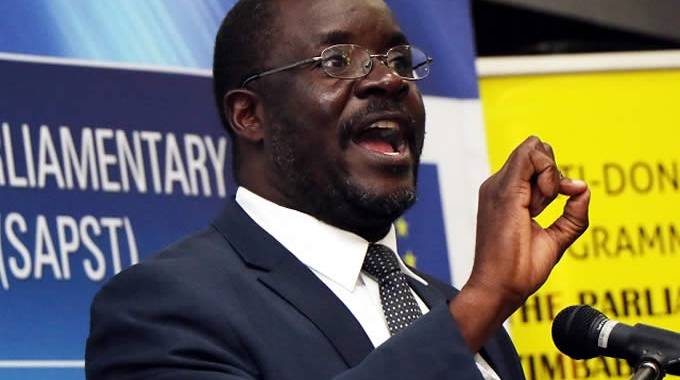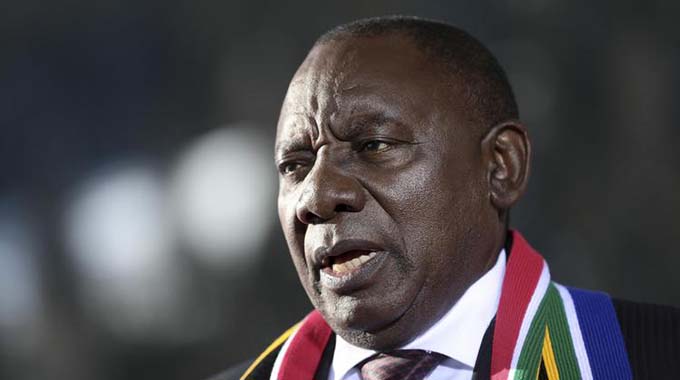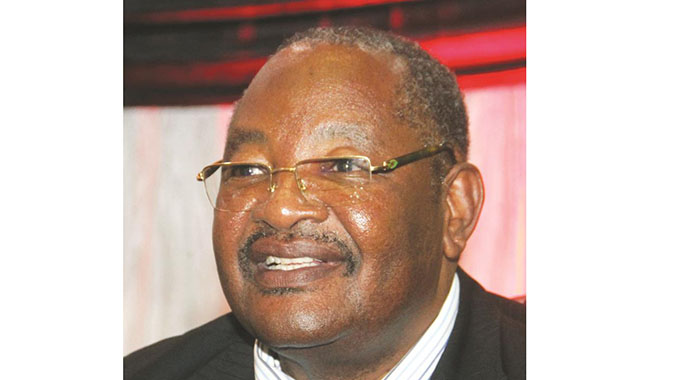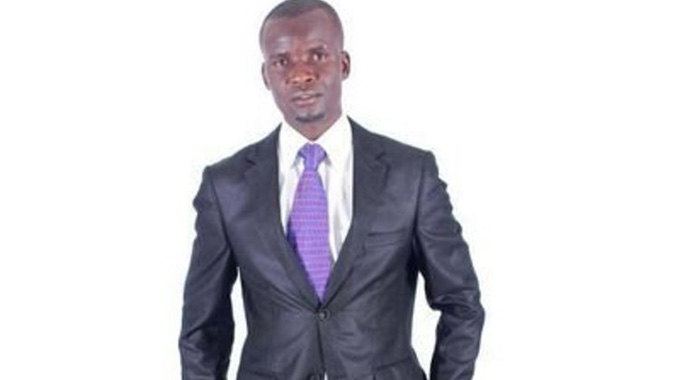Concern over rise in fake news

Sibongile Maruta Herald Reporter
Most social media users in Zimbabwe were yesterday flooded with fake news as the country anxiously awaited results of the just-ended harmonised elections. Experts warned the volume of falsehoods on the Internet was worrying and was crowding out real news.
Less than 24 hours after peaceful voting ended, social media platforms including Twitter, Facebook and WhatsApp were releasing fake election results.
To make their fake news believable, some people went as far as to create a fake Twitter account under the name of the Secretary for Information, Media and Broadcasting Services Mr George Charamba.
Mr Charamba disowned the Twitter handle and posts saying the tweets attributed to him were being created by people seeking to misinform the nation as he has no Twitter account.
In any case, only the Zimbabwe Electoral Commission (ZEC) has the sole mandate to announce official election results, according to the Electoral Act.
In an interview with The Herald yesterday, Digital Society of Zimbabwe Coordinator Mr Christopher Musodza said many people had fallen victim to fake election results circulated through social media platforms.
“People have their own expectations on the outcome of these elections. There are photos circulating from the 2013 elections that look current,” said Mr Musodza.
“Individuals look for things that suit their mindset and as a result, many people become victims of that. The scenery from these results shows that it’s from way back or has been tampered with.
“It takes a professional to notice that the information displayed is current or not. Information overload and a general lack of understanding of how the Internet works has contributed to an increase in fake news or hoax stories,’’ he said.
MISA Zimbabwe chair Mr Golden Maunganidze said the circulation of election information before official results had its dangers.
“The circulation of information before official publication has a negative impact on society.
“Unchecked reports come from social media in the technological era. Fake news is there, and when there is no official report, the impact is huge, especially when traditional or professional media are not moving fast,” he said.
Most Harare residents said they were worried by the increase in fake news.
They said fake news had negative impact on human behaviour, leading to bitterness and even violence.
Simon Mugare said he was worried by the rise in fake news stories concerning the election and that the results being circulated could have a negative effect on democracy.
“We’ve seen a rise in fake news stories on social media platforms such as the internet, Facebook, WhatsApp and Twitter and this could be because people are unknowingly sharing false information. We are getting information from these platforms every minute with predictions of victory for different political parties. We hope such news will not trigger violence and emotions amongst people,” he said.
Another resident, Mutsawashe Mucheka said he was worried and scared that fake news on social media could trigger violence.
“We all have different expectations of this election. Reports being sent through WhatsApp, Twitter and Facebook are misleading. We are being taken advantage of by people who are spreading fake news,” he said.
Since May 30, when the election officially started, the Zimbabwe Republic Police arrested four people for allegedly posting hate speech and falsehoods on social media.
Fake news relates to stories or hoaxes created to deliberately misinform or deceive readers.
The Internet has enabled a whole new way to publish, share and consume information and news with no verification or editorial standards.







Comments